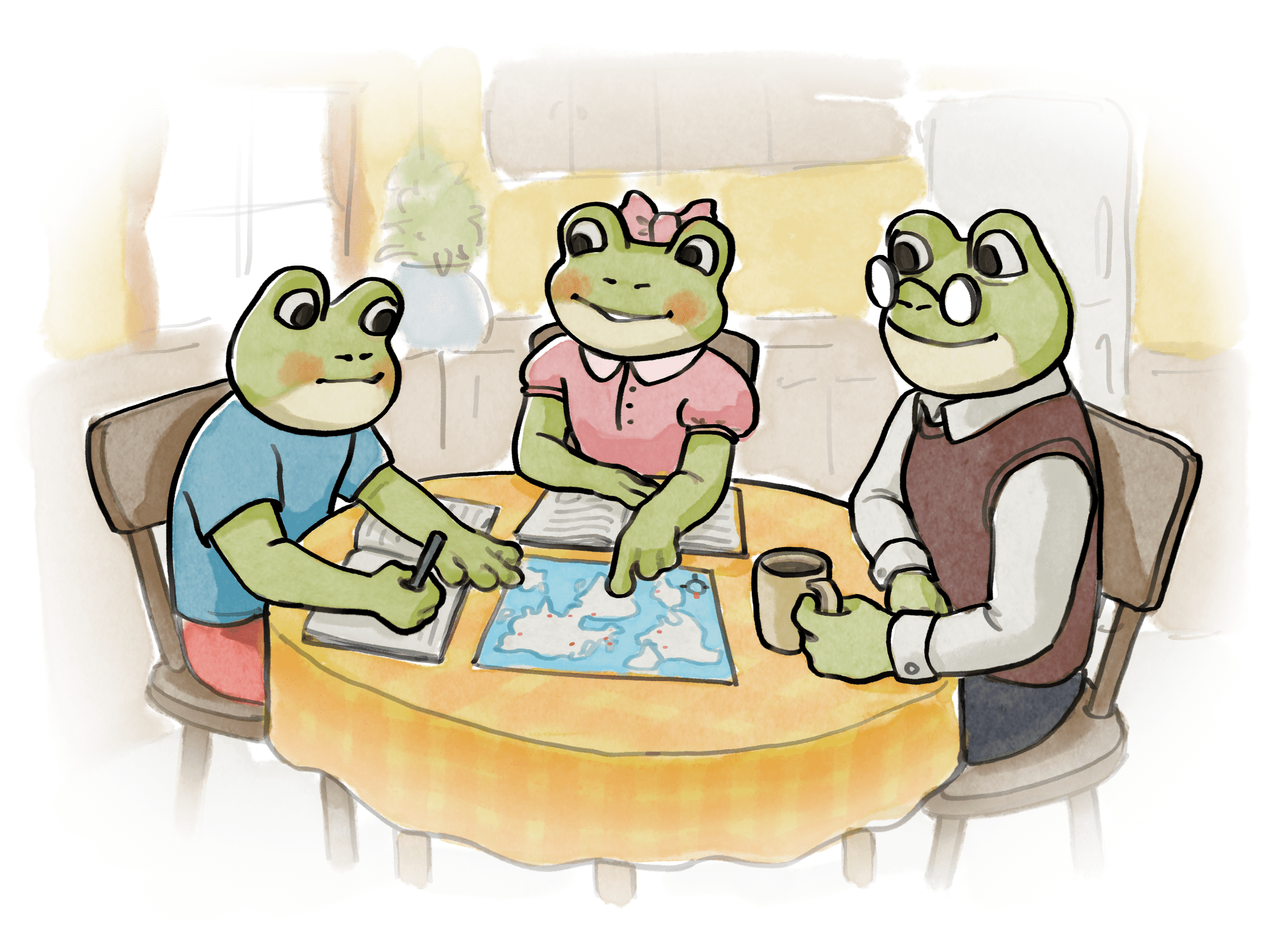Introduction: The homeschooling landscape is rich with various pedagogies that shape the way children learn and interact with the world around them. Notably, homeschooled kids often have increased opportunities for engaging with adults, an advantage that can be attributed to the individualized attention they receive and the flexibility of their educational structure. This blog post delves into how homeschooling, particularly through the Montessori, Charlotte Mason, and Waldorf (also known as Steiner education) methodologies, encourages more frequent and meaningful interactions between children and adults, enhancing the learning experience and social development.
Montessori Method and Adult Interactions: The Montessori approach, with its emphasis on self-directed activity and hands-on learning, naturally incorporates adult interactions into the educational process. In a homeschooling setting, Montessori can be particularly effective as it encourages children to seek out knowledge from their environment, which includes the adults in their lives. Through guided choices and exploration, homeschooled children learn to engage with adults not just as authority figures, but as mentors and collaborators in their educational journey.
Charlotte Mason Philosophy: Charlotte Mason, an advocate for a broad education that goes beyond the confines of traditional schooling, also emphasized the importance of the child’s environment and the role of adults within it. Her philosophy encourages the incorporation of “living books” and “narration,” a method where children tell back what they have learned, promoting interaction with adults who guide them through the process. Homeschooling with the Charlotte Mason method enriches the child’s education with discussions, fostering an environment where children feel comfortable conversing and expressing their thoughts with adults.
Steiner (Waldorf) Education’s Influence: Steiner education, also known as Waldorf homeschooling, places a strong emphasis on imagination in learning, with an approach that encompasses the child’s whole experience. Homeschooled children educated with the Waldorf method often engage with adults in a variety of creative activities such as storytelling, arts, and crafts. This frequent collaboration helps children to view adults as partners in the creative process, encouraging respect and effective communication skills from a young age.
The Role of the Homeschooling Environment: In a homeschooling environment, the lines between teacher, parent, and mentor are often blurred, creating a unique dynamic where children are accustomed to seeking out adults for guidance and learning. This stands in contrast to traditional school settings, where adult interaction is typically limited to the classroom teacher and is more structured and less personal.
Social Skills and Maturity: The increased adult interaction that homeschooled kids experience often leads to the development of advanced social skills and maturity. Engaging with adults teaches children how to communicate effectively, understand complex social cues, and develop respect for experience and knowledge. These skills are invaluable and can give homeschooled children an edge in real-world situations.
Conclusion: In conclusion, homeschooling creates an environment that encourages frequent and diverse interactions with adults, promoting a mature and well-rounded social education. The Montessori, Charlotte Mason, and Waldorf methodologies each contribute to this in their unique ways, emphasizing the importance of the child’s surroundings and the interactions within them. As the education landscape continues to evolve, the ability for homeschooled children to effectively engage with adults remains a significant advantage, preparing them for a successful future in a complex and social world.




